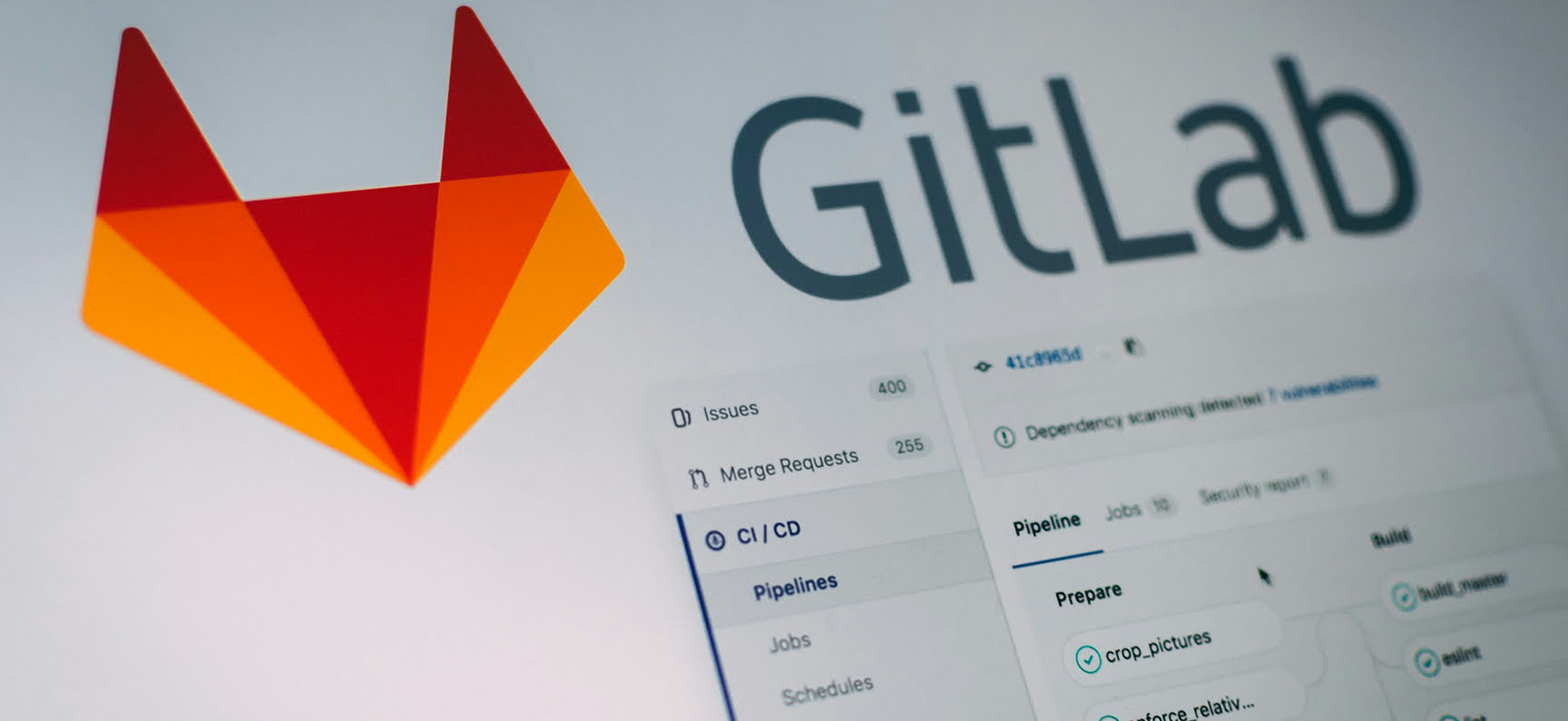The debate of platform engineering vs DevOps has become increasingly significant as organizations seek to optimize their development and operations practices. Both methodologies aim to streamline processes, boost productivity, and enhance the overall software lifecycle, but their approaches and focal points differ. Understanding the distinctions between DevOps vs platform engineering can help organizations choose the most suitable strategy for their needs. This comprehensive guide will delve into the key differences, roles, and benefits of each discipline.
Understanding DevOps
DevOps is a method that connects the development and operations team for fostering an atmosphere of continuous integration, delivery, and automation. It puts emphasis on teamwork and shared duties to create a setting where software deployment and management becomes more productive as well as successful.
Key DevOps Practices, Tools, and Their Influence on Development
DevOps procedures use combined tools and automatic workflows to make development and operations processes smoother. Some key practices of DevOps include:
- Continuous Integration (CI) and Continuous Delivery (CD): They refer to the automation of integrating code and deploying processes for assuring quick and dependable software releases.
- Infrastructure as Code (IaC): It is the management of infrastructure through code and automation. This method allows teams to deploy and administer environments in a uniform manner.
- Monitoring and Logging: We put strong observation and recording into practice to recognize and fix problems fast, which helps in making the system more dependable.
- Collaboration Tools: We use tools such as Jenkins, GitLab CI/CD, Docker, and Kubernetes to aid in the development and deployment processes.
These methods make certain that DevOps groups are able to lessen blockages, release upgrades rapidly and uphold elevated criteria for software excellence.
Exploring Platform Engineering: Definition and Scope
Platform engineering is an evolving discipline that aims to create comprehensive platforms that cater to the needs of development teams by providing reusable tools, standardized infrastructure, and automated processes. Platform engineers design, build, and maintain internal platforms that developers can use to simplify the building and deployment of applications. A DevOps platform engineer plays a crucial role in designing and managing platforms that facilitate seamless collaboration between development and operations teams.
Key Roles, Responsibilities, and Goals of Platform Engineers
The role of a platform engineer vs DevOps engineer may seem similar at first glance, but there are distinct responsibilities. A platform engineer focuses on:
- Building and managing internal platforms: Developing standardized platforms that developers can leverage for various software needs.
- Automating workflows and environments: Creating automated processes to enable efficient, self-service access to infrastructure.
- Ensuring scalability and security: Designing platforms that can scale effectively and meet the organization's security standards.
- Optimizing developer productivity: Enhancing the developer experience by providing ready-to-use environments and streamlined workflows.
How Platform Engineering Boosts Infrastructure, Developer Productivity, and Software Lifecycle
Engineering of platform offers a systematic and reusable structure that developers have the ability to utilize in all parts of software lifecycle. By establishing a well-kept platform, groups are capable of cutting down recurring tasks for developers, permitting them to concentrate on building features as well as resolving complex issues. Following this method results in superior productivity, quicker times for deployment and better utilization of resources.

The Role of Platform Engineering Within DevOps
Platform engineering DevOps practices can complement each other when implemented together. DevOps starts by creating a foundation for teamwork and automation. Meanwhile, platform engineering gives additional structure through making reusable solutions that boost the workings of DevOps practices. By having an effective integrated platform it is possible to support DevOps teams in standardizing their workflow processes, lessening disparity and encouraging an environment where new ideas are welcome.
Key Advantages of DevOps for Modern Development and Operations
DevOps has been transformative for organizations aiming for seamless development and operations integration. Some of the key advantages of DevOps include:
- Increased Speed and Efficiency: Faster release cycles through continuous delivery and deployment.
- Enhanced Collaboration: Improved communication and alignment between development and operations teams.
- Automation: Greater reliance on automation reduces manual work and minimizes human error.
- Scalability and Reliability: The ability to manage complex infrastructures with minimal downtime.
Platform Engineering Advantages for Scalable, Efficient Infrastructure
While DevOps focuses on bridging the gap between development and operations, platform engineering emphasizes building robust and scalable internal platforms. The main advantages include:
- Standardization: Creating standardized tools and processes that ensure consistency across teams.
- Enhanced Developer Experience: Providing developers with self-service access to environments and tools that reduce time spent on setup.
- Scalability: Ensuring that internal platforms can grow alongside the organization’s needs.
- Reduced Operational Overhead: Automating complex infrastructure management and operations.

Comparing DevOps and Platform Engineering: Key Differences
Distinct Approaches of DevOps and Platform Engineering
DevOps vs platform engineering approaches differ in focus. DevOps centers on collaboration and the integration of development and operations, while platform engineering emphasizes the creation of standardized and reusable platforms that support development workflows.
Primary Areas of Focus
- DevOps: Focuses on continuous integration, delivery, and seamless collaboration between development and operations.
- Platform Engineering: Focuses on creating reusable internal platforms that streamline the development and deployment processes.
Diverging Methodologies
DevOps platform engineering emphasizes an integrated workflow across the development lifecycle, while platform engineering devops integrates customized platforms tailored to specific technical needs within an organization.
Quick Reference Guide: Core Differences
Knowing the main differences between DevOps and Platform Engineering is useful for organizations to pick the suitable approach for their development and operational requirements. Both these methods have exclusive focuses, aims, and tools that influence how they impact teams, workflows, as well as the total process of development.
DevOps vs. Platform Engineering: A Simplified Comparison Guide
|
Aspect |
DevOps |
Platform Engineering |
|
Focus |
Collaboration between development and operations, ensuring continuous delivery and integration |
Building internal platforms for developer productivity and streamlined workflows |
|
Primary Goal |
Enhancing automation, communication, and shared responsibility across teams |
Creating reusable, scalable infrastructure and tools for development teams |
|
Approach |
Integrated workflow focusing on CI/CD and team-wide responsibility |
Centralized platform creation and management that supports multiple teams |
|
Key Tools |
Jenkins, GitLab CI/CD, Docker, Kubernetes |
Custom APIs, internal automation tools, platform management software |
|
Scope |
Organization-wide collaboration and automation |
Developer-centric, focusing on simplifying development and deployment processes |
Choosing Between Platform Engineering and DevOps
The choice between platform engineering vs DevOps relies on what the organization requires. If a team wants to integrate development and operations smoothly, then DevOps is more fitting. On the other hand, if they desire standardized infrastructure that improves productivity of developers, then platform engineering will be beneficial.
How DevOps Teams Leverage Platform Engineering for Enhanced Productivity
Frequently, DevOps groups utilize platform engineering to better their work processes, leading to more effective and autonomous functions. By embedding platform engineering into DevOps services methods, units can mechanize regular tasks and focus on producing higher worth outputs. Cooperating is vital for an engineer; they must collaborate intensely with other unit members for seamless project realization.
Infrastructure Management: DevOps vs. Platform Engineering Approaches
DevOps utilizes code-based infrastructure management with tools like Terraform and Kubernetes. Platform engineering, however, builds frameworks that centralize and automate infrastructure to provide developers with easy access to pre-configured environments.
Combining DevOps with Platform Engineering: Evolution and Impact
How DevOps and Platform Engineering Work Together
When combined, DevOps platform engineering practices create a more holistic approach to product development and operations. Platform engineers design systems that support DevOps teams, making processes more consistent and reducing repetitive tasks.
Is Platform Engineering an Extension of DevOps?
Platform engineering might be viewed as a progression from DevOps, but more precisely it is an improvement offering the necessary foundational support, uniform tools and extra features to boost DevOps practices. These enhanced features frequently encompass automated work processes, ready-made environments along with easy-to-use self-service functions that smooth out both development and operations.
Impact of Integrating Both Disciplines on Development, Operations, and Team Structures
Combining platform engineering and DevOps creates a more streamlined software lifecycle, heightens team productivity and makes deployment processes much efficient. This consolidated method promotes a culture where teams can cooperate effectively while profiting from structured tools and platforms that increase their daily work efficiency.
FAQs
How do Platform Engineering and DevOps relate to each other?
Platform engineering complements DevOps by providing standardized platforms that support DevOps practices and make processes more efficient.
Are there unique tools to Platform Engineering that DevOps doesn’t use?
Yes, platform engineering often uses custom-built tools and internal APIs designed to simplify developer workflows, which may not be commonly found in standard DevOps practices.
How do the success metrics of Platform Engineering compare to DevOps?
While DevOps success metrics focus on deployment frequency, lead time, and system reliability, platform engineering metrics emphasize developer productivity, platform stability, and ease of integration.
Conclusion
The debate of platform engineering vs DevOps highlights the unique benefits and roles each discipline plays in modern software development. While DevOps focuses on fostering collaboration and automation, platform engineering provides a structured, developer-friendly approach that builds reusable solutions for scalable infrastructure. By understanding the distinctions and potential synergies between the two, organizations can make strategic choices that align with their technical needs and business goals.
Similar articles
View allyour business
together
- PROJECT INQUIRIES info@artjoker.net
- CALL US +1 213 423 05 84
contact us:










